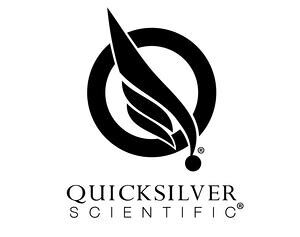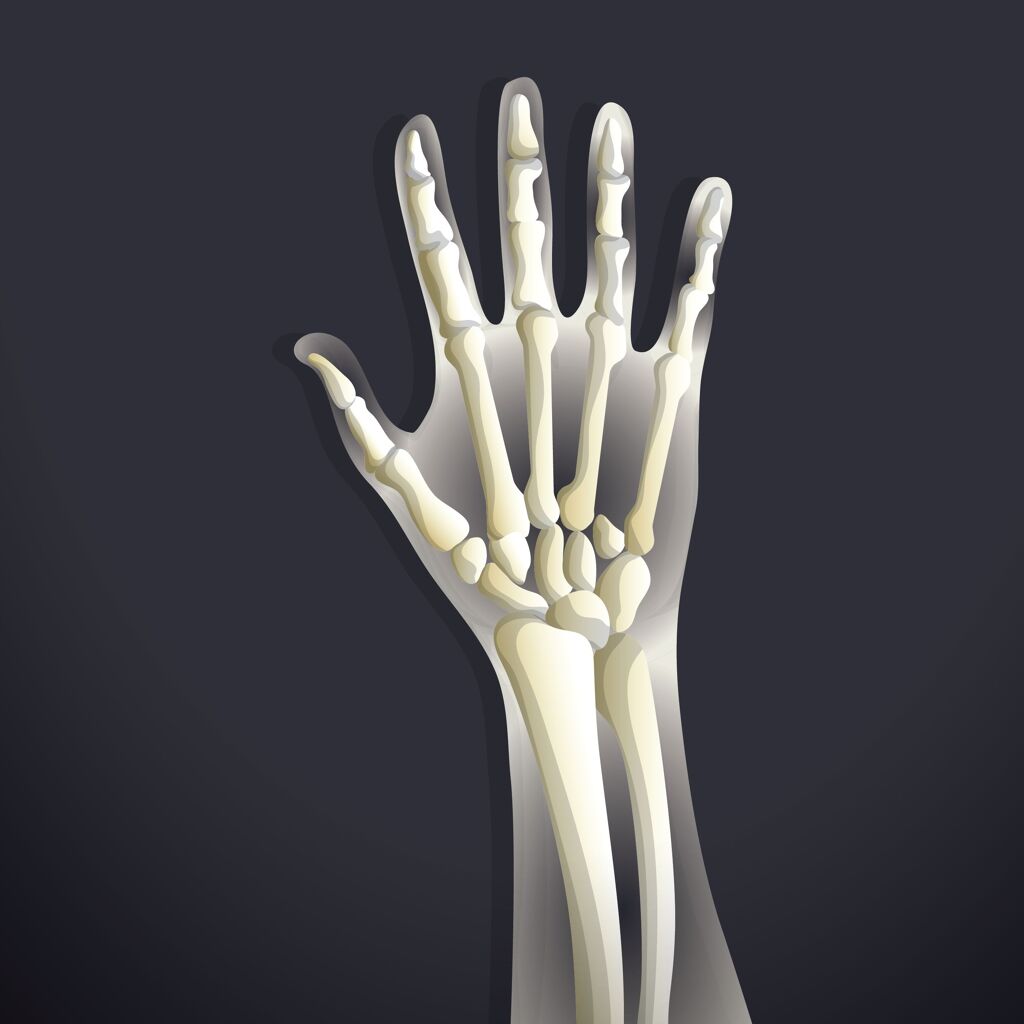Autoimmunity & the Gut Part 2: The Gut-Brain Axis Series, The Microbiome-Autoimmune Connection

Last week in Autoimmunity & the Gut Part 1, we introduced what is autoimmunity (AI) and discussed some gut issues that can contribute to autoimmunity; such as leaky gut and dysbiosis. This week we look at specific microbiome issues in common AI diseases and we will give you ways to manage and address an autoimmune condition.
As we saw last week in Part 1, certain pathological bacterial strains are found in dysbiosis and with certain AI conditions.
FURTHERMORE, THERE IS EVIDENCE OF MICROBIOME DISRUPTIONS IN COMMON AI DISEASES:
- RHEUMATOID ARTHRITIS (RA): As we saw last week, patients with new-onset RA have higher levels of a pathological bacterial strain called Prevotella copri (Bo Li, 2018). A study comparing RA patients and healthy controls confirmed a disturbed microbiome i.e. dysbiosis, which was partially resolved after RA treatment (Bo Li, 2018). Other studies have distinguished patients with RA from healthy controls as having dysbiosis (Thomas S, 2017). Current treatments for rheumatoid arthritis target symptoms. However, by focusing on the role played by gut bacteria, new treatment options looking at reducing the spread of P. copri in the gut could delay or prevent the onset of this disease (Scher JU, 2013).
- TYPE 1 DIABETES (T1D): Multiple studies have shown dysbiosis in individuals with preclinical T1D (Bo Li, 2018). Issues include a sharp decrease in microbiome diversity, low community stability, an abundance of the Bacteroides strain of bacteria, fewer Bifidobacterium species and a lack of butyrate-producing and lactate-producing species (Bo Li, 2018).
- MULTIPLE SCLEROSIS (MS): Studies suggest a distinct alteration in the MS gut microbiome compared with healthy controls (Bo Li, 2018). A study of 60 MS cases has reported an increased abundance of Methanobrevibacter (Archaea) and Akkermansia and a reduction in Butyricimonas (Bo Li, 2018). These MS-associated bacteria in the gut predispose the body towards a pro-inflammatory profile (Bo Li, 2018).
To Read About Blog Topic, Scroll Down
Want To Work With Our Clinic?
Do you have a chronic or mystery illness that no one has been able to help you with? Are you simply wanting to re-connect with a healthier version of yourself? It’s Time To Finally Feel Better!
In short, pathogenic bacteria can be highly problematic to overall gut health. In certain people with a genetic disposition, they can contribute to the development of autoimmunity. This is why is extremely advisable to be mindful of your gut health and consistently work on supporting a healthy gut.
WHAT CAN YOU DO TO ADDRESS AUTOIMMUNITY?
Once the AI disease process is activated, it does not have to be forever. It can be managed or even reversed by stopping the interaction between genes and the environment.
It is critical to reduce inflammation and calm the overactive immune response. Two steps are necessary:
IMPROVE GUT HEALTH AND HEAL LEAKY GUT
- Address gut health with Functional Medicine. An experienced FM practitioner can order a stool test for you. A stool test can indicate the balance of bacteria in your gut microbiome and identify the good bacteria, the neutral bacteria and the bad. This tells if you have dysbiosis or not. Then you can work on reducing the bad bacteria and supporting the growth of good bacteria in your gut. Finding a good FM practitioner is crucial in achieving this.
- SIBO or small intestinal bacteria overgrowth, alongside dysbiosis, is often a factor in leaky gut and in AI. With your FM practitioner, you can test for SIBO and address it if you have it.
- Once you have treated any gut infections or overgrowths, it is critical to address leaky gut. There are therapeutic strategies aimed at re-establishing the intestinal barrier function and restoring leaky gut. These will downregulate or decrease the actions of zonulin and offer a way to manage AI diseases (Fasano, 2012).
- Probiotics: Several trials show that the microbial changes caused by probiotics may improve gastrointestinal symptoms and inflammation in rheumatoid arthritis, ulcerative colitis, and multiple sclerosis (Liu Y, 2018). Probiotics are likely to be used in autoimmune diseases as a component of the treatment (Liu Y, 2018). However, one size will not fit all. The choice of optimal probiotic strains will differ for each AI disease (Liu Y, 2018). Work with an experienced FM practitioner to identify which probiotic strains will help improve your particular AI condition.
- Prebiotics: Prebiotics are certain foods that feed the good bacteria of the gut. They are an important part of supporting overall gut health.
TRY TO IDENTIFY YOUR ENVIRONMENTAL TRIGGER(S)
- If you can identify the environmental trigger of your AI disease, you can eliminate or minimize your exposure to that trigger. A trigger is a specific antigen, or protein, that the immune system recognizes as a threat (real or not), that sets off the cascade of over-activation.
- In the case of celiac disease, the trigger is gluten for example. However, in the vast majority of autoimmune diseases the trigger remains unknown.
- It can be challenging to identify your trigger. The key autoimmune drivers usually fall into these six areas:
- Diet
- Leaky Gut & Dysbiosis
- Infections
- Toxins
- Stress
- Hormonal Imbalances
Your plan to manage and reduce AI symptoms should also include the following:
- IMPROVE DIET: A few successful dietary approaches are being used to address AI. The two most common are the AutoImmune Paleo (AIP) diet and the Dr. Terry Wahls diet. The AIP diet was developed by Dr. Sarah Ballantyne. It does eliminate many foods and mainly focuses on meats and vegetables. Dr. Terry Wahls developed her Wahls diet which she used to greatly improve her MS. It focuses on high amounts of vegetables and other anti-inflammatory foods. Both diets support and improve gut health, reduce inflammation and remove problematic foods from the diet. Try one or both of these diets. You can work with your FM practitioner for more detail on the best diet for you.
- RESOLVE INFECTIONS: Infections, bacterial or other, can be a trigger for AI. It is important to test for and address any infections. This could be bacterial like some of the overgrowths mentioned above that contribute to AI, viral like Epstein-Barr Virus, mycotoxin-related like Lyme disease or mold illness or other. Use an FM approach to resolve any infection you may have.
- DECREASE EXPOSURES TO TOXINS: Pollution, chemicals, environmental toxins of all sorts are everywhere. We cannot escape exposure completely, but we can work to minimize our exposure to toxins. Eat a clean organic diet. Use clean, green household cleaning and other products. Switch to natural, non-chemical personal care products and use the EWG’s Skin Deep website (https://www.ewg.org/skindeep/search.php?query=fragrance&h=Search) to rate your products. Minimize EMFs from your phone and WIFI. Get an air filter for your home and a good water purification system. Avoid spending time in heavily-polluted areas or areas where chemicals are heavily used. Don’t smoke or drink excessive amounts of alcohol. Don’t use plastic containers for food or water storage. Switch to glass or stainless steel. Cook in clean safe cookware.
- REDUCE / MANAGE STRESS: Stress can contribute to the development of leaky gut so reduce it wherever you can. Take on less commitments. Manage your stress through meditation, yoga, tai chi and time spent in nature.
- ADDRESS HORMONAL IMBALANCES: Hormonal imbalances can also be an issue with AI. Address these with the help of your FM practitioner.
If you or someone you know is suffering from an autoimmune disease, get in touch with our clinic today.Book a free 15-min discovery call to see how we can help you with your symptoms. We can answer your questions and help you book an initial consult with one of the functional medicine doctors in our clinic.
—- Please follow our next article in the Autoimmune-Microbiome series
We will provide more evidence of the effects that the microbiome has on autoimmunity.
Are You Suffering From A Chronic Illness?
Does your current health situation look like this…
- Do you feel that you have tried many things and either nothing works, or the treatment does not hold?
- Have you been told that there is nothing that can be done to reverse your illness and you just need to manage symptoms?
- Does your illness impact your work, your family, your happiness and your social life?
We specialize in finding answers and solutions for complicated chronic illness when people feel like they have tried everything. If this sounds like you, book a free call with us to see if we are the right fit for your health goals.
Dr. Miles has spoken for the following organizations:

















